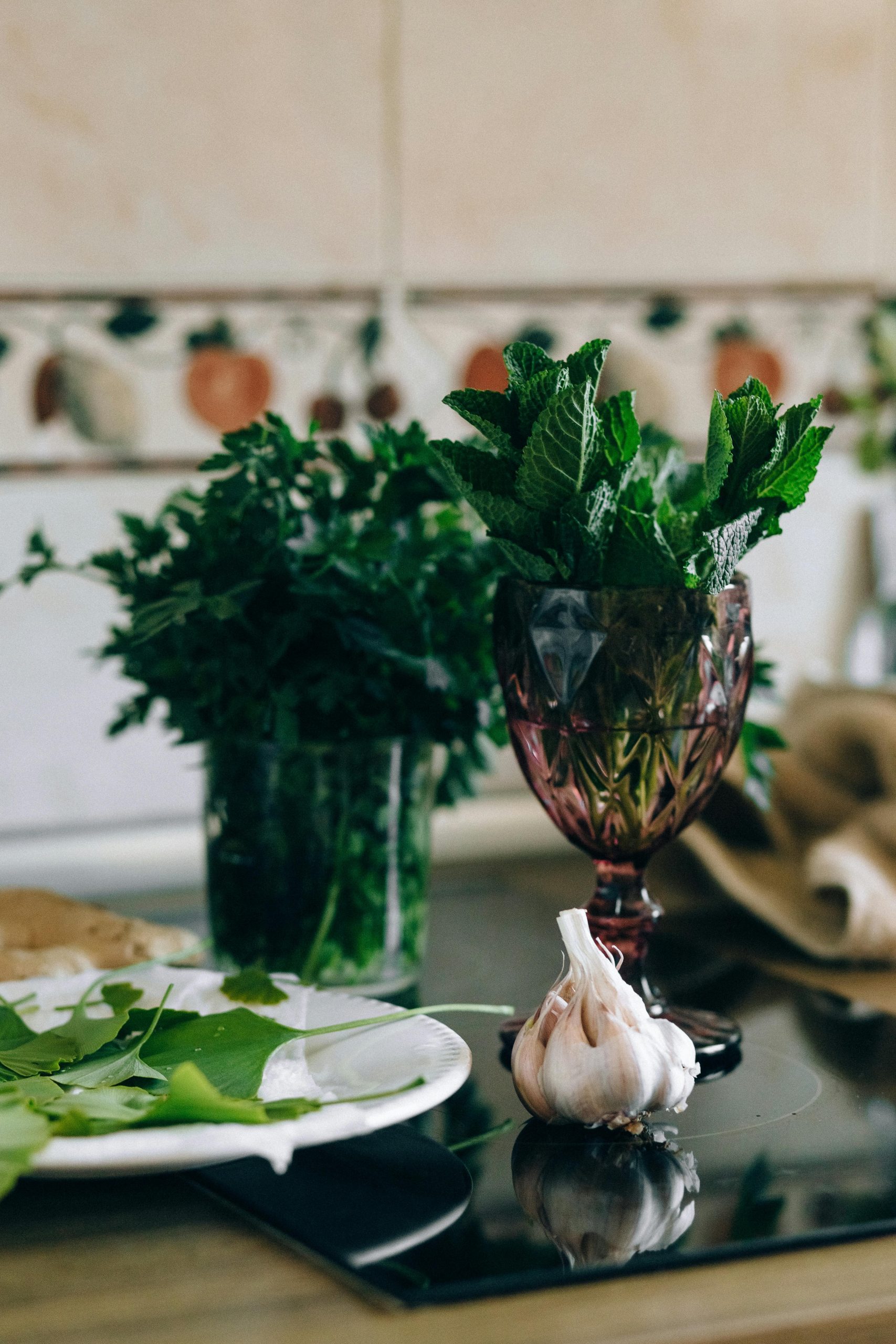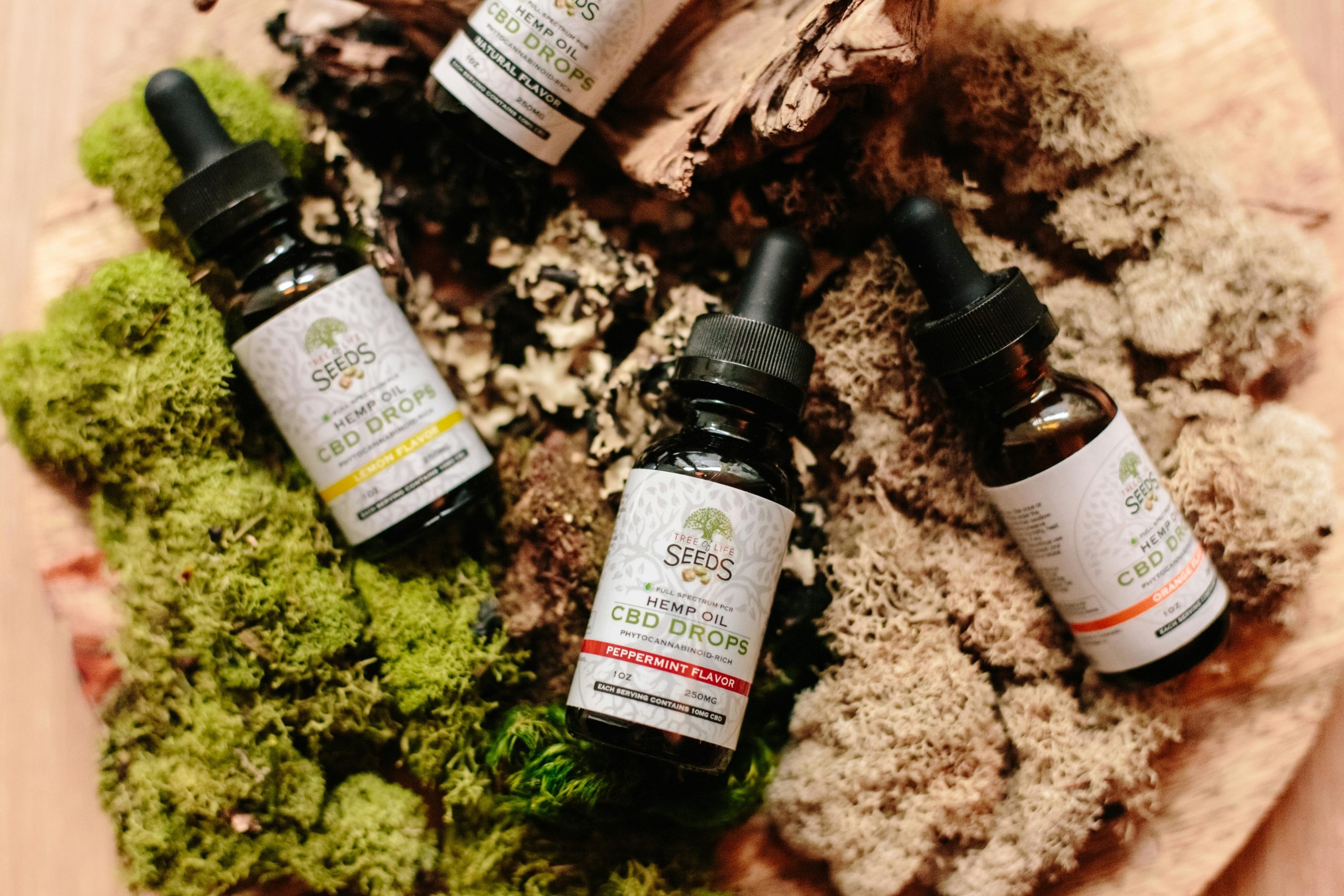Digestive discomfort is a common issue that affects millions of people worldwide. Bloating, gas, indigestion, and irregular bowel movements can disrupt daily life and impact overall well-being. While over-the-counter medications provide temporary relief, natural herbal remedies offer a gentler, long-term solution to support digestion and gut health. Herbs have been used for centuries in traditional medicine to soothe the digestive system, improve nutrient absorption, and promote a balanced gut microbiome. In this article, we explore some of the most effective herbal remedies to enhance digestion naturally.
1. Peppermint: A Soothing Digestive Aid
Peppermint is one of the most well-known herbs for digestive health. Its active compound, menthol, helps relax the muscles of the gastrointestinal tract, reducing spasms and easing bloating and gas. Peppermint also stimulates bile flow, which aids in the digestion of fats.
How to Use Peppermint
- Peppermint Tea: Steep fresh or dried peppermint leaves in hot water for 5-10 minutes. Drink after meals to aid digestion.
- Peppermint Oil: Add a drop of food-grade peppermint essential oil to a glass of water or take it in enteric-coated capsules to prevent heartburn.
Note: Peppermint may worsen acid reflux in some individuals, so it’s best to avoid it if you have GERD.
2. Ginger: The Ultimate Digestive Stimulant
Ginger has been a staple in traditional medicine for its ability to relieve nausea, indigestion, and stomach cramps. It contains gingerol and shogaol, compounds that speed up gastric emptying and reduce inflammation in the gut.
How to Use Ginger
- Ginger Tea: Boil fresh ginger slices in water for 10 minutes. Strain and sip before or after meals.
- Grated Ginger: Add freshly grated ginger to meals or smoothies for an extra digestive boost.
- Ginger Supplements: Take ginger capsules if you prefer a more concentrated form.
Ginger is safe for most people, but excessive amounts may cause mild heartburn in some cases.
3. Chamomile: A Gentle Gut Calmer
Chamomile is renowned for its calming effects on both the mind and the digestive system. It contains anti-inflammatory compounds that help soothe an irritated stomach, reduce acid reflux, and relieve gas.
How to Use Chamomile
- Chamomile Tea: Steep dried chamomile flowers in hot water for 5-7 minutes. Drink in the evening to relax the digestive tract.
- Chamomile Tincture: A few drops in water can help ease stomach discomfort quickly.
Chamomile is generally safe, but those with ragweed allergies should use it cautiously.
4. Fennel: Nature’s Antispasmodic
Fennel seeds are a powerful remedy for bloating, cramping, and indigestion. They contain anethole, a compound that relaxes intestinal muscles and reduces gas buildup.
How to Use Fennel
- Fennel Tea: Crush a teaspoon of fennel seeds and steep in hot water for 10 minutes. Drink after meals.
- Chewing Fennel Seeds: Simply chewing a pinch of fennel seeds post-meal can prevent bloating.
Fennel is safe for most people, including pregnant women (in moderation).
5. Turmeric: The Anti-Inflammatory Powerhouse
Turmeric, with its active compound curcumin, is a potent anti-inflammatory herb that supports gut health. It helps reduce gut inflammation, improve bile production, and promote healthy gut bacteria.
How to Use Turmeric
- Golden Milk: Mix turmeric powder with warm milk (or a dairy-free alternative) and a pinch of black pepper for better absorption.
- Turmeric Supplements: Opt for curcumin supplements with piperine for enhanced bioavailability.
Turmeric is safe in culinary doses, but high amounts may interact with blood-thinning medications.
Conclusion
Herbal remedies provide a natural and effective way to support digestion and gut health. Peppermint, ginger, chamomile, fennel, and turmeric each offer unique benefits—from soothing spasms to reducing inflammation. Incorporating these herbs into your daily routine can help alleviate digestive discomfort and promote long-term gut wellness. Always consult a healthcare provider before starting any new herbal regimen, especially if you have underlying health conditions or take medications. With the right herbs, a happy, healthy gut is within reach.


